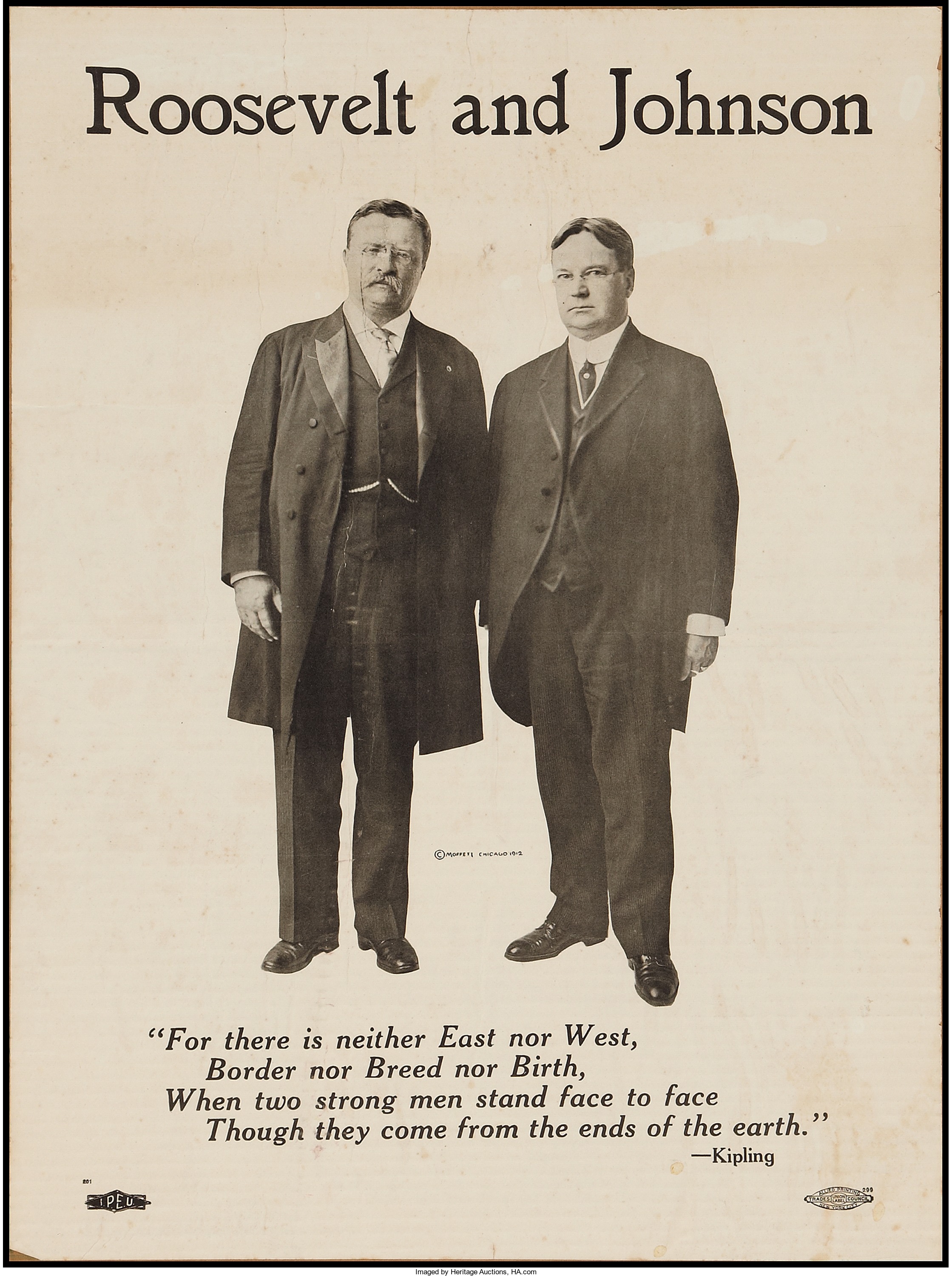
By Jim O’Neal
When Arnold Schwarzenegger (AS) replaced California governor Grey Davis, it was after a special recall election on Oct. 7, 2003.
During his gubernatorial campaign, AS often invoked the name of Hiram Johnson, an earlier California governor. Johnson was directly responsible for the introduction of the law that allowed state officials to be recalled. AS also referred to Johnson’s progressive legacy.
Johnson became governor of California in 1910 as a member of the Lincoln-Roosevelt League, a liberal Republican movement. Two years later, Johnson was a founder of the Progressive Party that Teddy Roosevelt adopted for his 1912 presidential run. Roosevelt recruited Johnson as his running mate, but they lost to Woodrow Wilson.
Johnson was easily reelected governor in 1914, and in 1916 he defeated Democrat George S. Patton Sr. for the U.S. Senate (he was the father of George S. Patton Jr., the general of 3rd U.S. Army fame).
Johnson had a long 30-year career in the Senate and was very popular.
In 1934, he was reelected with an astounding 94.5 percent of the popular vote as both Democrats and Republicans nominated him! His only opponent was a socialist, George Kirkpatrick.
On Aug. 25, 2009, AS and his wife Maria announced that Hiram Johnson would be one of 13 inductees into the California Hall of Fame (a group that included Carol Burnett, Andy Grove, Rafer Johnson, Joan Kroc, George Lucas and Chuck Yeager).
AS may have been unaware that as governor, Johnson supported the California Alien Land Law of 1913. This law prevented Asian immigrants (excluded from naturalized citizenship because of race) from owning any land. The law was explicitly intended to discourage immigration (primarily the Japanese) and to foster an inhospitable atmosphere to current immigrants … in the hope they would leave the state.
This was followed by the California Alien Land Law of 1920, which closed many “loopholes” in the 1913 law.
In 1923, the laws were upheld in the Supreme Court and not invalidated until 1952 by the California Supreme Court under the equal protection clause of the 14th Amendment.
Generally speaking, there was strong anti-Asian sentiment in California, starting with the Chinese and ending with the Japanese internment during the Second World War.
By 2009, the focus had entirely shifted south to our neighbor Mexico, and Johnson’s biased legislation had long faded from memory.
 Intelligent Collector blogger JIM O’NEAL is an avid collector and history buff. He is President and CEO of Frito-Lay International [retired] and earlier served as Chairman and CEO of PepsiCo Restaurants International [KFC Pizza Hut and Taco Bell].
Intelligent Collector blogger JIM O’NEAL is an avid collector and history buff. He is President and CEO of Frito-Lay International [retired] and earlier served as Chairman and CEO of PepsiCo Restaurants International [KFC Pizza Hut and Taco Bell].
